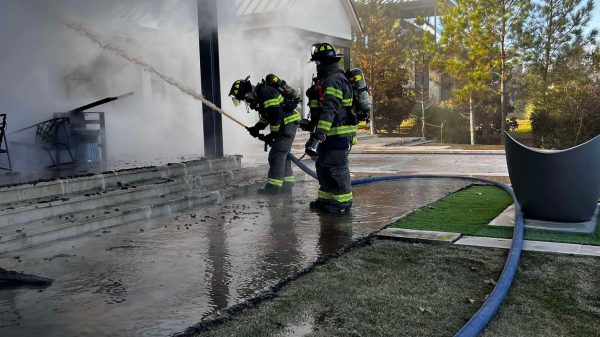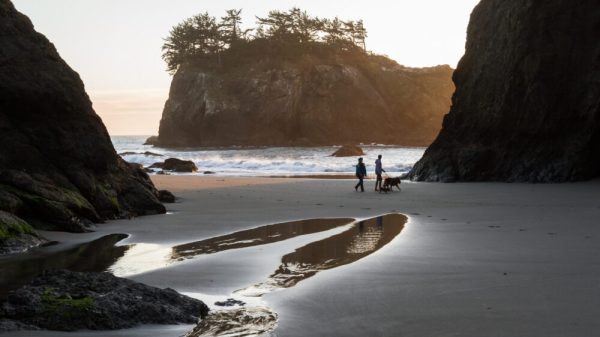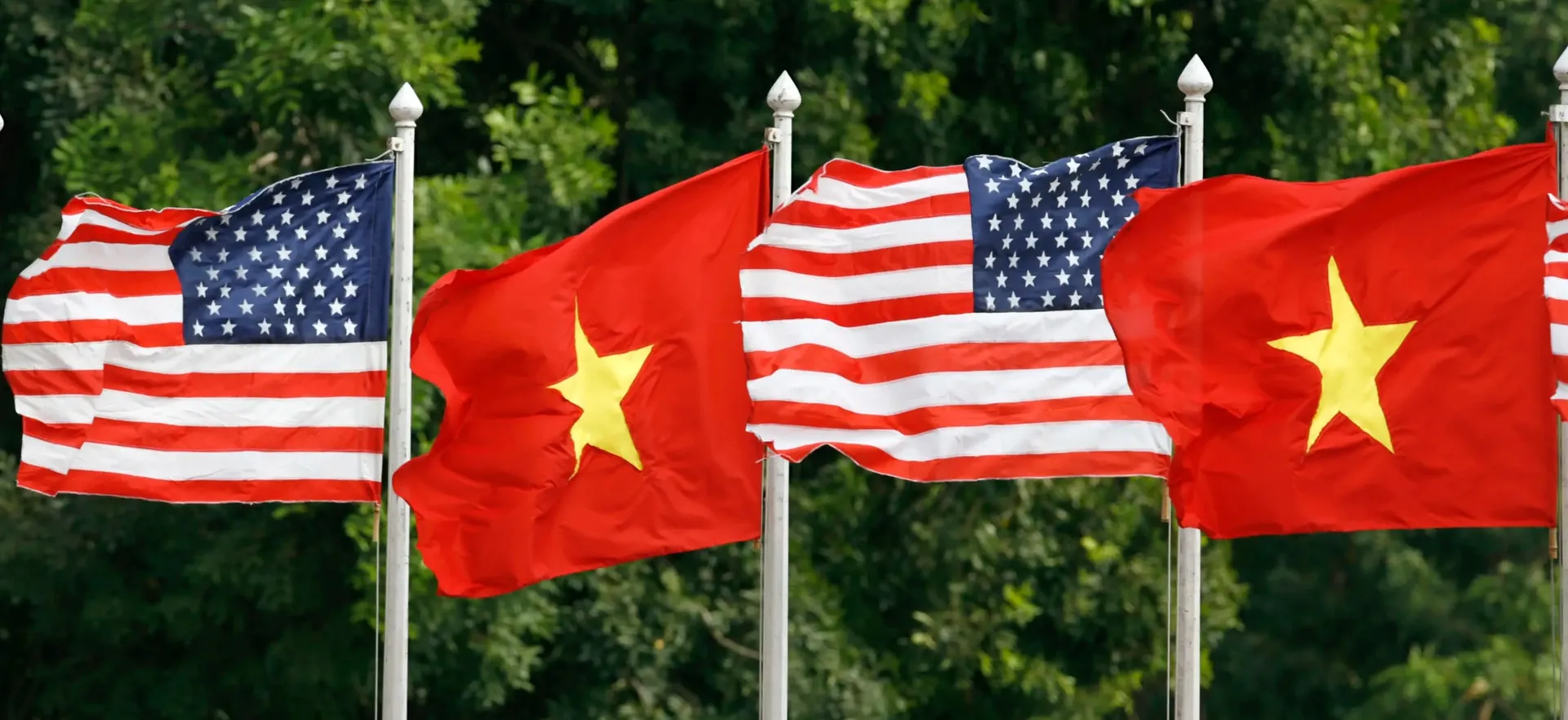Since there have always been two sides to the Vietnam-US partnership, Hanoi should think about this before diving in.

US-Vietnam Strategic partnership (Source: Vietnam plus)
President Joe Biden will Facilitate US-Vietnam Partnership Efforts to Discover New Opportunities and Innovations
On August 28, 2023, US Press Secretary Karine Jean-Pierre announced that President Joe Biden will meet with Vietnamese General Secretary Nguyen Phu Trong on September 10 in Hanoi to “explore opportunities to promote the growth of a technology-focused and innovation-driven Vietnamese economy, expand our people-to-people ties through education exchanges and workforce development programs, combat climate change, and increase peace, prosperity, and stability.” During his visit, Biden hopes to strengthen a “comprehensive strategic partnership”—Vietnam’s highest diplomatic status. Coordination between the US and Vietnam becomes less probable as China gets more involved in the South China Sea.
Hanoi is eager to deepen its security partnership with America. It seems likely that the United States and Vietnam will forge a strategic alliance during Vice President Biden’s visit, but I remain unconvinced. There are two main reasons why neither administration is likely to form an alliance, and one of them is Vietnam’s “Three No’s” policy. To begin, the United States and Vietnam hold diametrically opposed positions on the disputed South China Sea. Second, Vietnam has a deep mistrust of US peace initiatives.
Vietnam may contemplate uniting with the US after China’s South China Sea assertiveness. Several researchers argue that the U.S. presence in the South China Sea helps balance China’s aggression. Whether the US would build an alliance with Vietnam against China is still dubious, since Hanoi is unsure of its role in U.S.-China strategy. What would the US pay to support Vietnam in the South China Sea?
Vietnam has significant South China Sea claims. The Communist Party of Vietnam’s legitimacy depends on defending its sovereignty and territorial integrity, which is Vietnam’s top maritime policy aim. In the near term, Hanoi wants to retain the territorial status quo and defend its seas to continue oil drilling and fishing. Vietnam seeks South China Sea territory long-term. Vietnamese existential interests in the South China Sea include security and resources.
READ ALSO: President Joe Biden Will Visit Vietnam to Strengthen Asian Economic Relationship
US Dispatched Navy and Ships at South China Sea in Support to US-Vietnam Partnership
The US has boosted its naval presence in the South China Sea to show its opposition to China’s operations, but it has not protected claimant governments’ security and resource rights. Instead, the US has carried out FONOPs to defend freedom of passage against Chinese claims. The US dispatched Navy ships and Air Force planes to monitor Philippine seas to safeguard “freedom of navigation and overflight rights,” and urged China “to abide by its obligations under international law.”
Thus, we should not assume the US has substantial South China Sea stakes. If the US doesn’t secure its allies’ sea security, it may lose their trust. However, the US does not lose its essential security interests. Vietnam’s worries about territorial security, resources, and legitimacy may lead policymakers in Hanoi to pursue an alliance with the US, but Hanoi should consider how far the US is ready to go to preserve Vietnam’s security. Overstating U.S. interests in the South China Sea might harm Vietnam’s maritime policies.
Vietnam and the U.S. share worries about China’s hegemonic maritime aspirations in the South China Sea, but Vietnam is dubious of U.S. democracy, human rights, and religious policies, limiting alliance possibilities. The Vietnamese Communist Party propagandists stated that “Vietnam is still a major target of the hostile forces and reactionaries’ ‘peaceful evolution strategy,’” and that “given the duplicity of several Western administrations, there remain plots and activities that take advantage of cooperative relationships to carry out the ‘peaceful evolution strategy’ in Vietnam, notably support of several administrations for individuals and organizations hostile to These groups still exploit American norms on ‘democracy,’ ‘human rights,’ ‘freedom of speech,’ ‘freedom of religion,’ etc., to smear Vietnam for violating democracy and human rights and to strengthen domestic forces politically and spiritually.
Before U.S. Secretary of State Antony Blinken’s April 15 visit to Hanoi, the US criticized Vietnam’s jailing of a political activist and asked for his and other human rights activists’ release. The State Department spokeswoman continued, “Vietnam is an important partner in the Indo-Pacific, and that partnership can only reach its full potential if its government takes concerted steps to meet its obligations and commitments under international law and improve its human rights record.”
The Vietnam-U.S. partnership has always had two sides, and Hanoi must evaluate this before joining. The alliance would boost Vietnam’s defenses against China’s South China Sea aggression. The alliance may hinder Vietnam’s self-reliant defense strategy. Despite the shared worry over China, Vietnam and the US are unlikely to form an alliance due to their non-overlapping South China Sea interests and Vietnam’s profound concerns of U.S. political ambitions.
READ ALSO: Vietnam to Become a Semiconductor Chip Manufacturer

















































